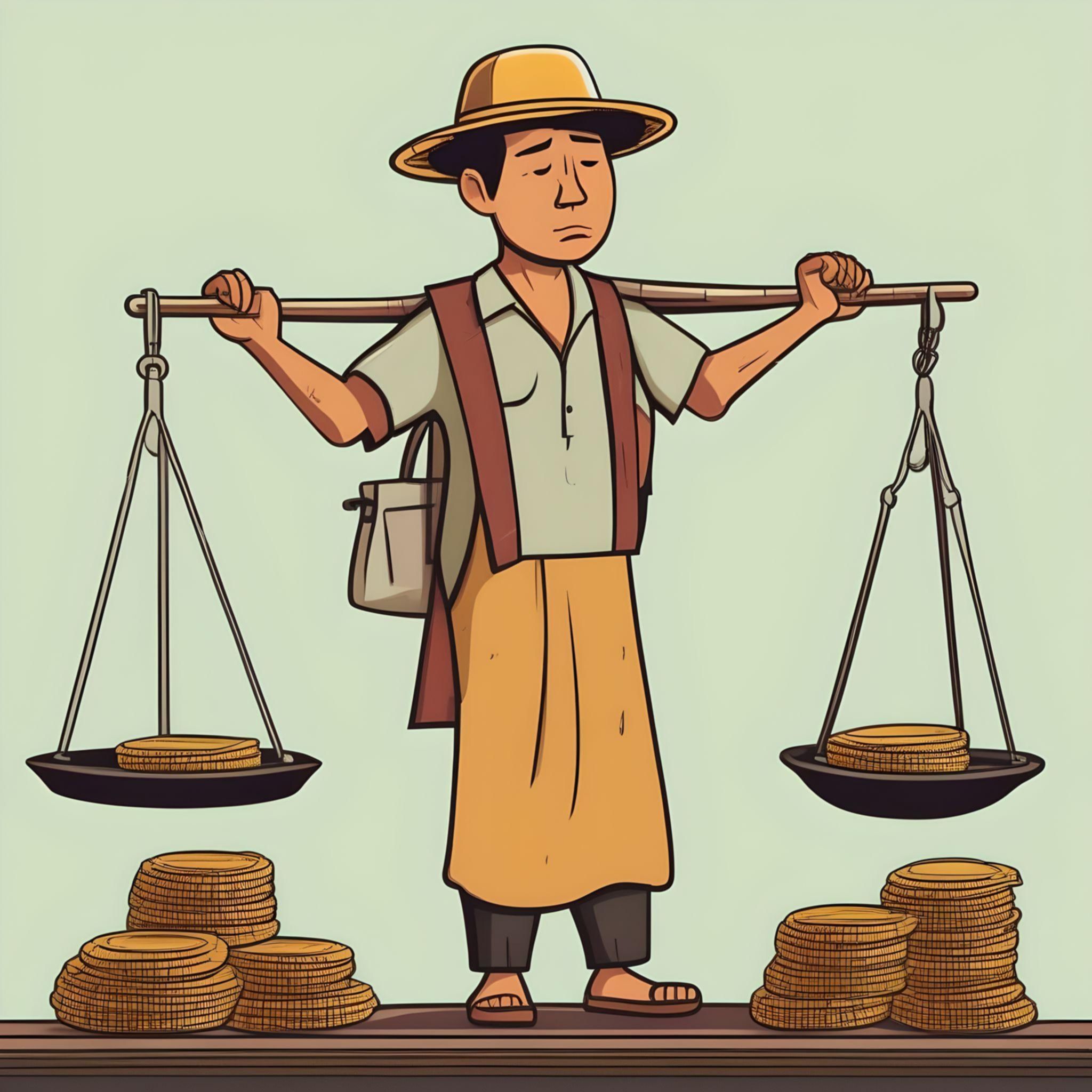The debate over increasing the minimum wage is a critical issue that affects both workers and the overall economy.
On one hand, raising the minimum wage can significantly enhance the living standards of low-income workers, allowing them to cover basic necessities such as housing, food, and healthcare.
This increase can lead to a boost in consumer spending, as workers with more disposable income tend to spend more, stimulating local businesses.
Moreover, a higher minimum wage can reduce employee turnover, saving companies hiring and training costs while fostering a more stable workforce.
Conversely, opponents argue that increasing the minimum wage could lead to job losses, particularly in small businesses that may struggle to absorb the higher labor costs.
These businesses might respond by reducing hours, cutting jobs, or even closing altogether, potentially leading to greater unemployment in the region.
Moreover, there are concerns that a wage increase could contribute to inflation, as businesses may pass on the added labor costs to consumers through higher prices.
Furthermore, a significant wage hike could disproportionately affect younger or less experienced workers who may find it challenging to secure employment at a higher entry-level wage.
Consequently, this could exacerbate existing inequalities, as these vulnerable groups may be sidelined in a competitive job market.
Ultimately, the impact of a minimum wage increase on the region's economy is complex and multifaceted.
Policymakers must carefully weigh the potential benefits of improved living conditions for workers against the risks of job losses and inflationary pressures.
Tailoring the approach to the unique economic landscape of the region could be key to finding a balanced solution that benefits both workers and employers.
#WeTakeAStand #OpinYon #OpinYonNews #MinimumWage
